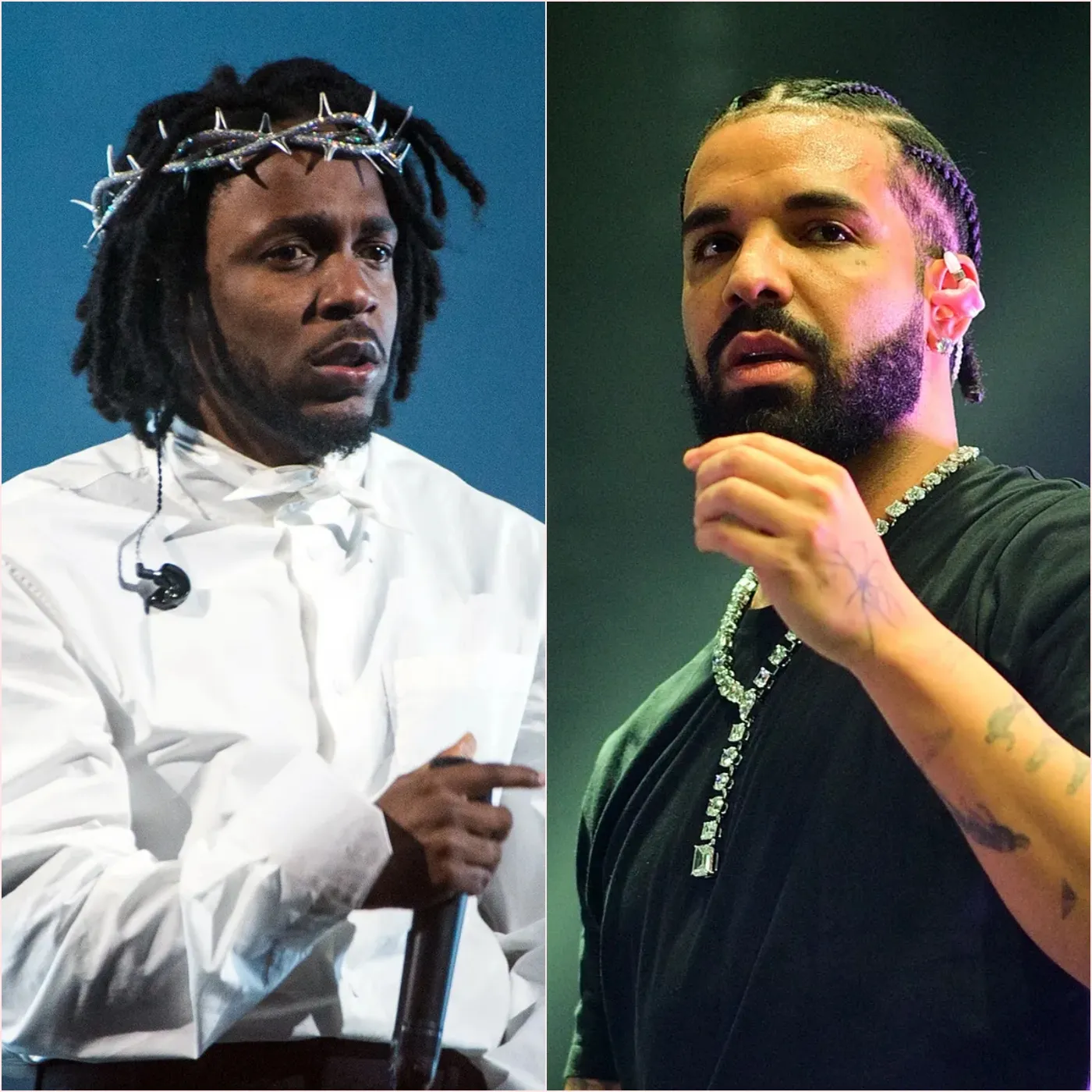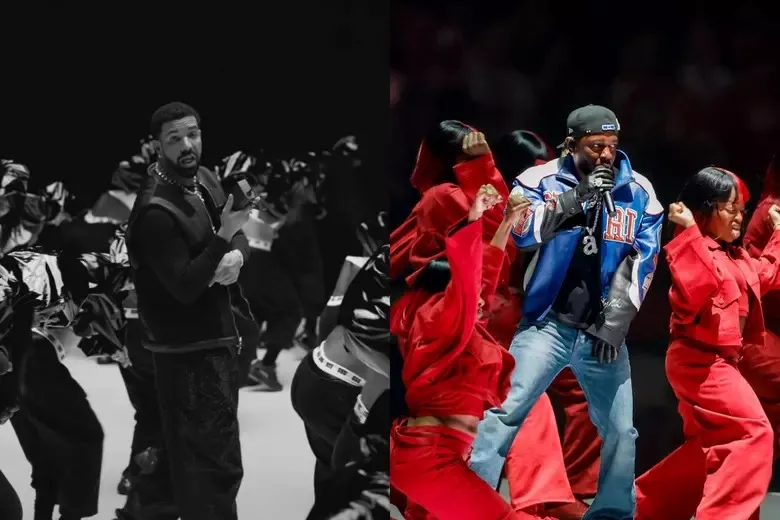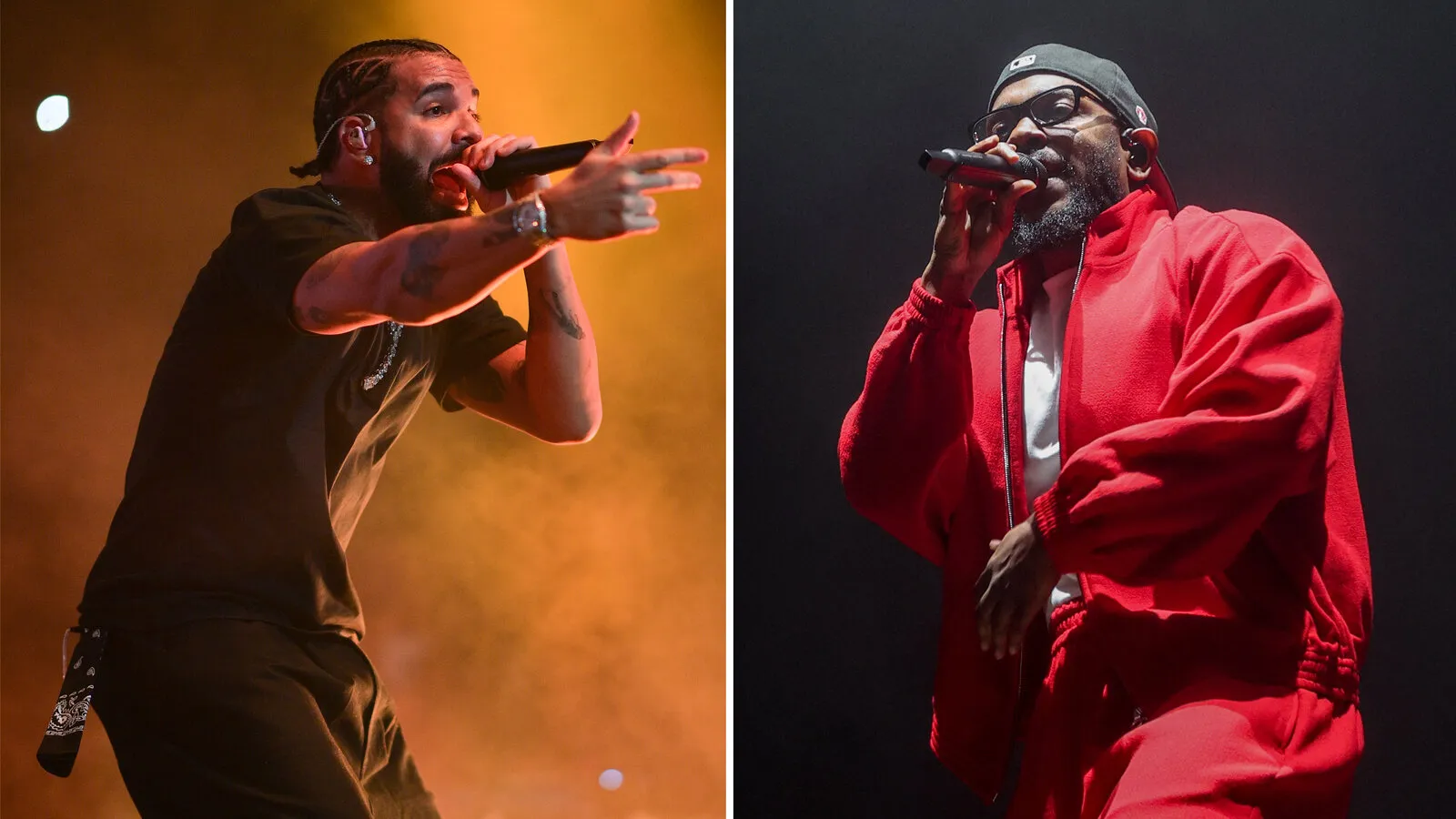Drake Granted Access to Kendrick Lamar’s Confidential UMG Contracts in Explosive ‘Not Like Us’ Lawsuit, as Judge Greenlights Discovery Amid Feud Fueled by Allegations and Corporate Greed

In a dramatic twist that has sent shockwaves through the music industry, global rap icon Drake has secured a major legal win in his intensifying battle against Universal Music Group (UMG). The dispute centers around Kendrick Lamar’s scathing diss track “Not Like Us,” which Drake claims was not only defamatory but also potentially backed by corporate misconduct.
Last week, a federal judge ruled in favor of Drake’s legal team, granting them access to confidential documents related to Kendrick Lamar’s contractual relationship with UMG. This decision marks a pivotal turning point in what is rapidly shaping up to be one of the most high-stakes lawsuits in modern hip-hop history—one that merges artistic rivalry, allegations of defamation, and behind-the-scenes record label politics.
The Background: A Battle Beyond Beats and Bars
“Not Like Us,” released earlier this year, reignited long-standing tensions between Kendrick Lamar and Drake. The track, which went viral across streaming platforms and social media, contains lyrics that Drake alleges were deliberately designed to tarnish his reputation, both personally and professionally. Drake’s camp argues that the diss track crossed the line from competitive artistry into actionable defamation.

But what began as lyrical warfare has now escalated into a legal confrontation that exposes deeper rifts within the music industry, particularly between artists and the major corporations that profit from their work. According to court filings, Drake’s legal team alleges that UMG may have encouraged or enabled Lamar’s release of the track, raising serious questions about corporate involvement in artist disputes.
Legal Firepower and the Fight for Transparency
In a bold legal maneuver, Drake’s attorneys requested full access to Kendrick Lamar’s recording agreements, promotional contracts, and email communications with UMG executives. UMG fought back, arguing that these documents were protected under confidentiality clauses and irrelevant to the case. However, the judge ultimately sided with Drake, stating that the materials could shed light on UMG’s potential role in the diss track’s creation and promotion.
Legal analysts believe this access could be a game-changer.
“If Drake’s team can establish that UMG played an active role in disseminating defamatory content, it could open the door to a wider investigation into corporate conduct in the entertainment industry,” says Samantha Ortiz, a Los Angeles-based entertainment lawyer.
This lawsuit may now become a landmark case, not just for hip-hop, but for all artists battling powerful record labels over issues of control, accountability, and reputation.
Artistic Rivalry or Corporate Warfare?
Fans have long speculated about the underlying tension between Drake and Kendrick Lamar. Their artistic rivalry has produced some of the most iconic moments in recent hip-hop history. But the courtroom drama adds a new dimension—one that has legal, financial, and cultural implications.

Drake’s complaint alleges that UMG may have weaponized Lamar’s lyrics as a strategic tool to damage his brand, thereby benefiting other artists under UMG’s umbrella or redirecting market attention. If these claims are substantiated, they could point to a disturbing trend in which labels exploit rivalries for commercial gain at the expense of artistic integrity and personal reputations.
What’s Next?
With access to internal UMG documents now granted, the discovery phase is expected to uncover potentially explosive evidence. Insiders speculate that these records could include correspondence that either exonerates UMG—or implicates it in a calculated campaign against Drake.
While no court date has been set for a full trial, both sides are preparing for what promises to be a high-profile showdown. Meanwhile, fans, artists, and industry leaders are watching closely, as the outcome could redefine how labels engage with diss tracks, artist feuds, and freedom of expression in the digital age.
Final Thoughts
This case is no longer just about a diss track. It’s about power, influence, and the blurred lines between art and agenda. As Drake and UMG gear up for a courtroom clash, the stakes couldn’t be higher—not just for them, but for the entire music industry.